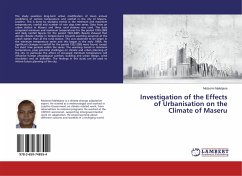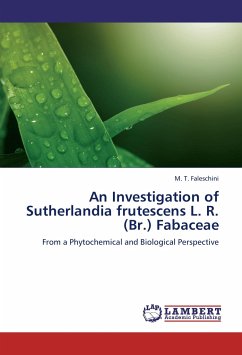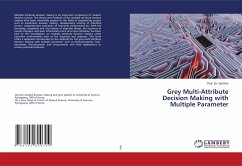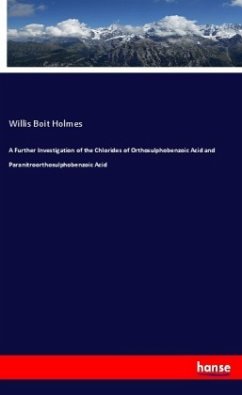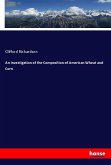The study examines long-term urban modification of mean annual conditions of surface temperature and rainfall in the city of Maseru, Lesotho. This is done by studying trends in the minimum and maximum temperatures, rainfall and number of rain days time series. Data from an urban station in Maseru and three rural stations was used. The data comprised minimum and maximum temperatures for the period 1970-2005 and daily rainfall figures for the period 1922-2005. Results showed that abrupt climatic change in temperatures towards warming occurred at the urban station than at the rural station. This was observed to be larger in the minimum temperature series and this began in the early 1990s. No significant changes in rainfall for the period 1922-2005 were found, except for short time periods within the series. The warming trends in minimum temperature, pose potential challenges on climate and urban planning of the city. In particular the effect of increased minimum temperature will influence human physiological comfort, building and urban design, wind circulation and air pollution. The findings in this study can be used to inform future planning of the city.
Bitte wählen Sie Ihr Anliegen aus.
Rechnungen
Retourenschein anfordern
Bestellstatus
Storno

